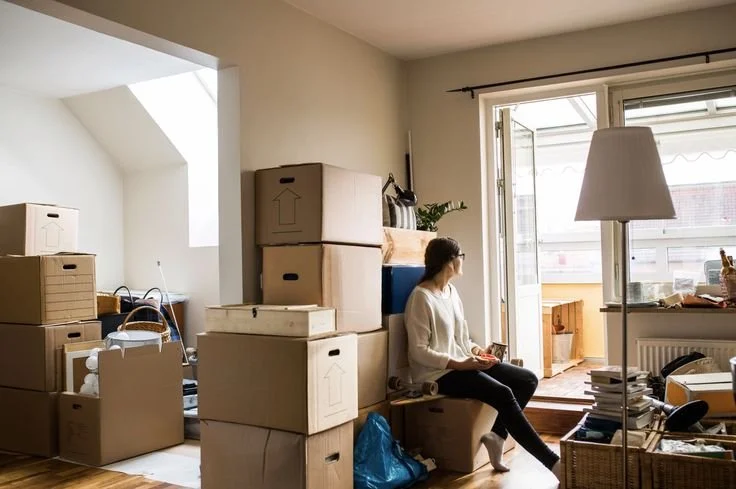Decluttering with Purpose: A Guide to Intentional Living
Decluttering isn’t just about tidying your home—it’s renewing your life. Moreover, when done mindfully, it improves clarity, focus, and well-being. Meanwhile, simple strategies can transform messy spaces into purposeful environments.
Why Decluttering Matters
Firstly, clutter bombards your brain with distractions and stress. Research shows that disorganized spaces reduce working memory and increase cognitive overload .
Also, clearing clutter reduces cortisol levels, easing anxiety and frustration .
Therefore, maintaining order supports productivity, mood, and physical health .
Decluttering as Intentional Living
Furthermore, mindful decluttering aligns your surroundings with your values.
For example, setting clear intentions—like creating an art space or clearing your desk—gives purpose to each decision .
Also, the “one-in, one-out” rule keeps spaces from refilling .
Consequently, you curate not just a tidy home but a life that reflects what truly matters.
Practical Mindful Methods
Next, these techniques help you let go with awareness:
1. Visualize Your Ideal Space
Firstly, imagine how calm and clear your home feels when clutter-free. This vision supports tough decisions .
2. Apply the “Spark Joy” Test
Moreover, inspired by Marie Kondo: hold each item and ask, "Does this spark joy?" .
Thus, you prioritize what truly adds value.
3. Use the 3‑Second Rule
Also, apply quick criteria: keep or discard items in three seconds. This avoids overthinking .
Routines That Keep Clutter Away
In addition, small habits prevent clutter’s return:
Daily and weekly micro‑declutters—like clearing mail or fridge items—maintain order.
Designate homes for essentials—keys, mail, chargers—framing each with single spots.
Apply the 80/20 rule—leave 20% of a space empty to allow breathing room.
Emotional & Mental Benefits
Additionally, letting go can feel liberating and therapeutic.
Indeed, personifying items—asking if they’re fulfilling their purpose—eases guilt and supports gratitude .
Also, many report a boost in confidence and control afterward .
Conversely, mindfully decluttering encourages gratitude and intention—boosting self-awareness .
The Ripple Effect on Your Life
Moreover, decluttering supports more than just clean floors:
Stronger relationships—tidy spaces ease hosting and reduce conflict.
Better sleep and health—clean rooms help relaxation and lessen allergens.
Environmental benefits—donating or recycling reduces waste and encourages conscious consumerism .
Home emergency readiness—clear passageways improve safety in urgent situations .
Step‑by‑Step Plan
Clarify your why: Set intentions—calm mornings, mindful spaces, more headspace.
Start small: Tackle a drawer, shelf, or desktop in 15‑minute bursts.
Sort intentionally: Use categories—keep, donate, recycle, toss.
Declare homes: Give every item a designated spot.
Commit to regular upkeep: Spend a small weekly time to tidy key areas.
Reflect on impact: Notice how your mindset, mood, and time improve after decluttering.
Common Pitfalls & How to Avoid Them
Meanwhile, be aware of missteps:
Underestimating time needed—set realistic tasks and deadlines.
Buying storage before decluttering—focus on decluttering first, then organizing.
Jumping around to avoid tough areas—build momentum with easier spots first.
Real Voices on Intentional Decluttering
“This process gives me a sense of power and control … It makes me feel good about myself on a day to day basis.”
“Visualizing my ideal living room as a tranquil retreat helped me part h a lot of items that contributed to chaos.”
Final Thoughts
Decluttering with purpose is about living deliberately—not minimalism for its own sake.
By aligning your space with your values, mindfully choosing what stays, and keeping routines simple, you create calm and intention in your home.
So, start small, stay mindful, and let your space reflect the life you want to live.


